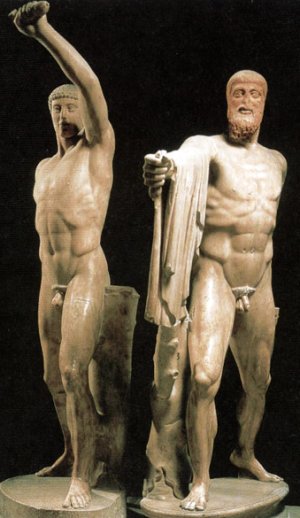A strong observation from Numa Denis Fustel de Coulanges’s The Ancient City:
“It is a general fact, and almost without exception in the history of Greece and of Italy, that the tyrants sprang from the popular party, and had the aristocracy as enemies. ‘The mission of the tyrant,’ says Aristotle, ‘is to protect the people against the rich; he has always commenced by being a demagogue, and it is the essence of tyranny to oppose the aristocracy.’ ‘The means of arriving at tyranny,’ he also says, ‘is to gain the confidence of the multitude, and one does this by declaring himself the enemy of the rich. This was the course of Peisistratus at Athens, of Theagenes at Megara, and of Dionysius at Syracuse.’”

How well does Coulanges’s observation hold up historically? He mentions examples from Greece and Italy. Are the Jacobins of the French Revolution an example? Hitler and the National Socialists? Mao and the Communists? Counter-examples?
(Coulanges’s quotations from Aristotle are from Politics V.8, VIII.4, 5, and V. 4. The image is of statues of tyrannicides Harmodius and Aristogeiton, who killed Peisistratus’s son Hipparchus.)
Related: Benito Mussolini and Giovanni Gentile’s The Doctrine of Fascism, in the Philosophers, Explained series.